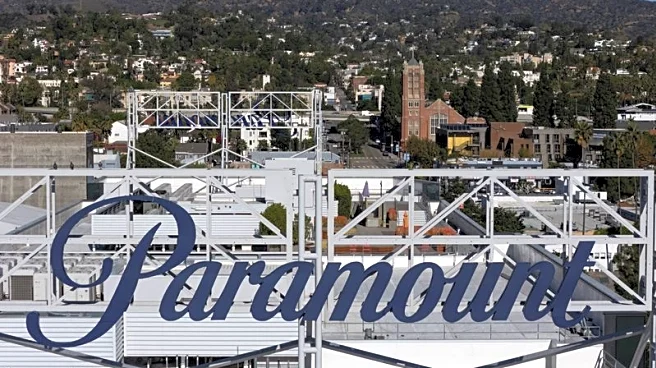What is the story about?
What's Happening?
President Trump has proposed a 21-point peace plan for Gaza, aiming to release all hostages held by Hamas and establish a roadmap for post-war governance. The plan includes a phased withdrawal of Israeli troops and denies Hamas any future role in Gaza's governance. However, the plan faces opposition from Israeli Prime Minister Netanyahu, who is committed to continuing the war until Hamas is destroyed. The proposal recognizes Palestinian aspirations for statehood, which is opposed by key members of Netanyahu's government.
Why It's Important?
The peace plan represents a significant diplomatic effort to resolve the conflict in Gaza, with potential implications for regional stability and U.S. foreign policy. The recognition of Palestinian aspirations for statehood could influence future negotiations and the geopolitical landscape. The plan's success depends on the willingness of both Hamas and the Israeli government to make concessions, which could lead to a breakthrough in the conflict.
What's Next?
Negotiations are ongoing, with Trump expressing optimism about reaching a deal. The plan's implementation would require cooperation from regional actors and could lead to changes in Gaza's governance structure. The upcoming meeting between Trump and Netanyahu will be crucial in determining the plan's viability and addressing the concerns of both parties.
Beyond the Headlines
The plan's recognition of Palestinian aspirations for statehood could have long-term implications for peace efforts in the region. The involvement of international bodies in Gaza's governance raises questions about sovereignty and the role of external actors in conflict resolution.

















